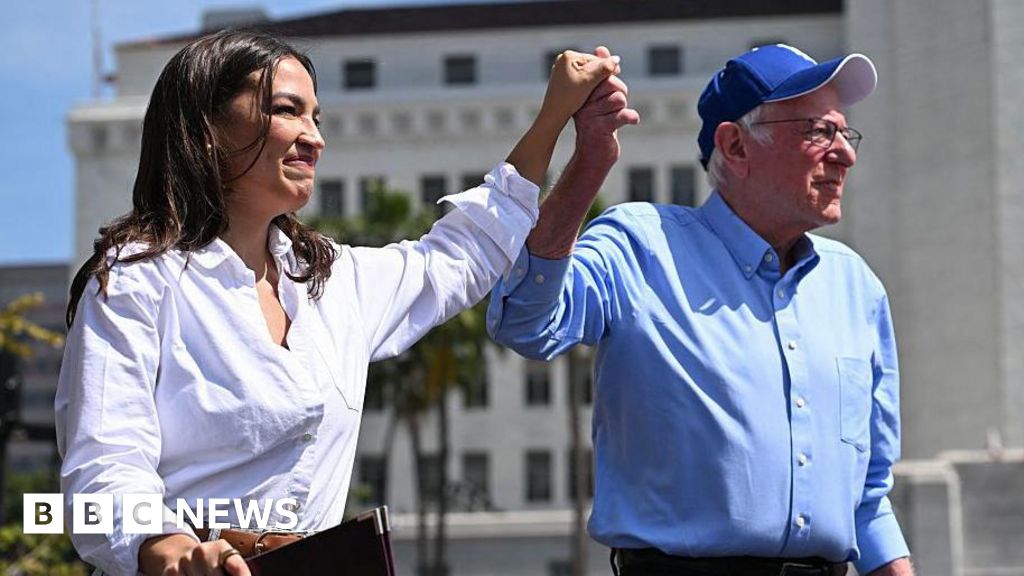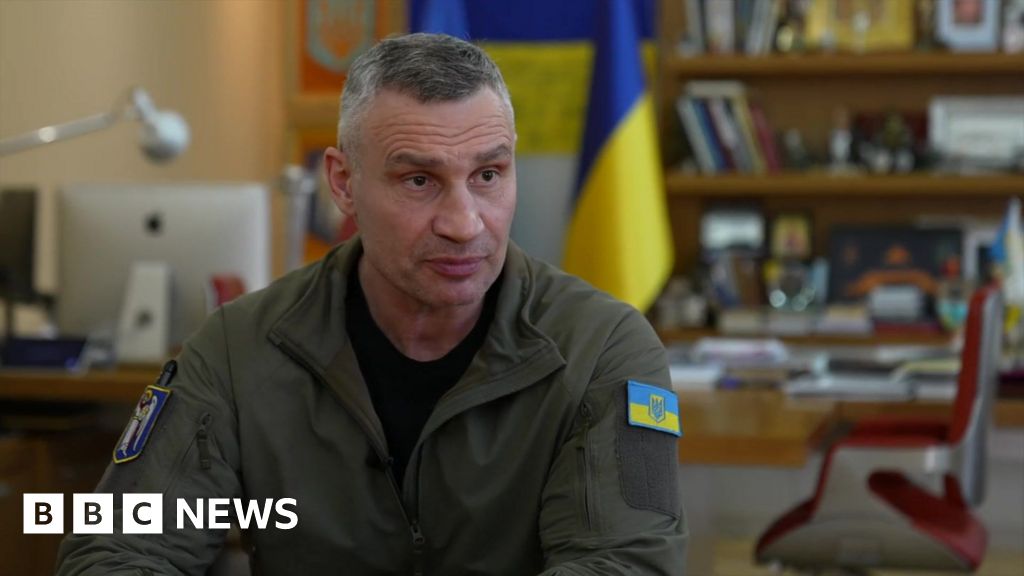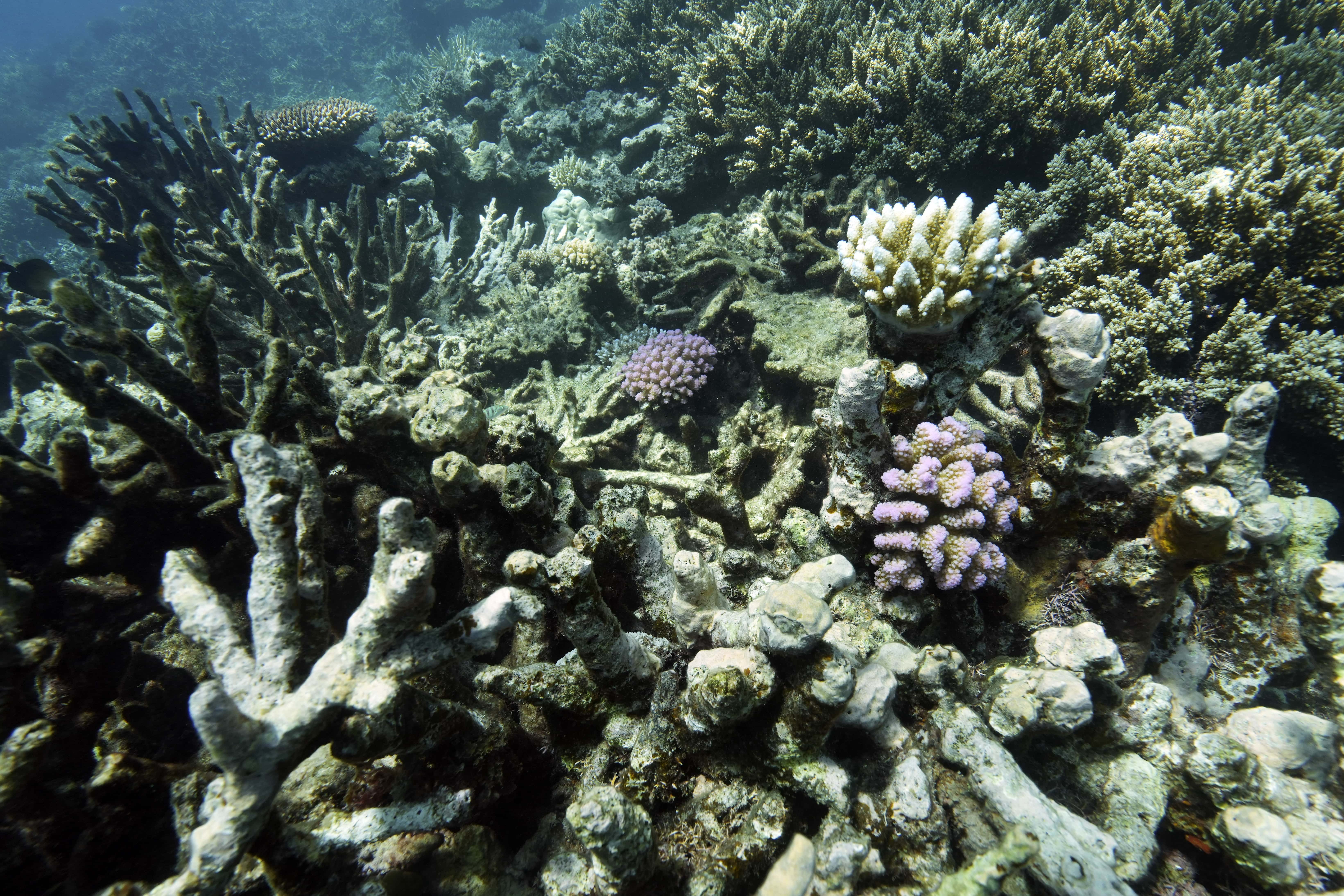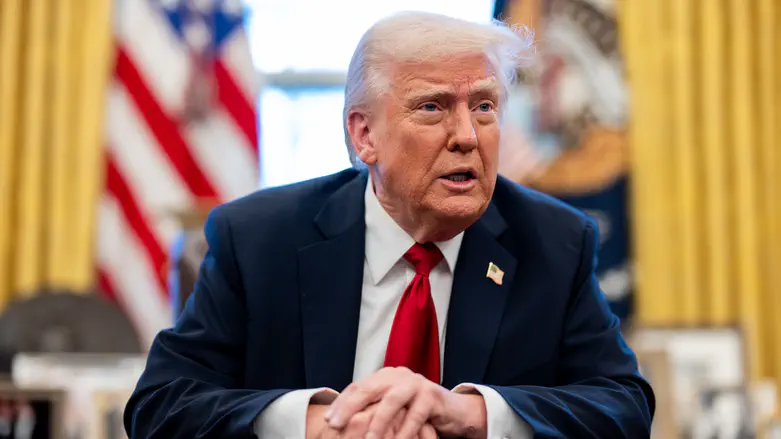Florida Governor Ron DeSantis Faces Political Scandal Over Alleged Misuse of State Funds

MIAMI In a developing political scandal that has captured the attention of both state and national observers, Florida Governor Ron DeSantis finds himself on the defensive regarding the controversial use of $10 million in state funds that is now under scrutiny. This situation has arisen during DeSantis's second term, a period during which he has traditionally enjoyed robust support from the Republican-controlled legislature. However, recent allegations of financial misconduct have sparked discussions among Republican legislators, who are now considering whether these events warrant a criminal investigation.
At the center of this controversy is a $10 million payment made to the state by Centene, a prominent managed care organization serving Medicaid recipients. This payment was part of a larger $67 million settlement reached after Centene was accused of overbilling taxpayers for medications provided through its services. Notably, the $10 million in question was directed to a non-profit organization called Hope Florida, a charity established by DeSantis's wife, Casey DeSantis, aimed at assisting individuals in transitioning off government assistance and into community-based programs.
In an investigation launched by state lawmakers, it was discovered that Hope Florida subsequently transferred the entire $10 million to two so-called 'dark money' political groupsorganizations that are not required to disclose their donors or how they use their funds. These groups funneled approximately $8.5 million into a political committee that campaigned against an amendment to legalize recreational marijuana in Florida, a campaign led by DeSantis's former chief of staff, James Uthmeier, who is now the Florida Attorney General.
Republican lawmakers, including Florida Representative Alex Andrade, have voiced serious concerns over the legality of this transaction. During a recent hearing of the Health Care Subcommittee in the Florida House of Representatives, Andrade declared, "Theres no question that these were Medicaid funds, steered by the Governor's chief of staff through secret and clandestine actions to his own political committee." This statement underscores the gravity of the situation, as it insinuates potential misuse of taxpayer dollars for political purposes.
While the investigation does not directly target Governor DeSantis, it does spotlight his leadership during a campaign aimed at defeating the marijuana legalization initiative, which ultimately was successful. In response to these allegations, DeSantis has vehemently denied that any wrongdoing occurred within his administration. He has held a series of press conferences where he has taken aim at both the media and fellow Republican lawmakers, characterizing the unfolding situation as politically motivated. "The whole thing that the House leadership is doing is a manufactured fraud," DeSantis asserted in a recent appearance in Fort Myers. "This is a hoax. They are trying to smear one of the most successful programs anywhere in the country."
Compounding the tensions is the fact that the DeSantis administration failed to inform Florida's Legislature about the $67 million settlement or the substantial $10 million that was allocated to a charity managed by his wife. This lack of transparency has fueled anger among lawmakers and signals an escalating rift between DeSantis and key Republican leaders within the state legislature. In a pointed rebuttal to DeSantis's criticisms, State House Speaker Daniel Perez labeled the governor's remarks as the reaction of someone throwing "a temper tantrum," asserting that "the House will not be bullied."
Central to the investigation is Attorney General James Uthmeier, who was instrumental in devising the plan to redirect settlement funds to political entities opposing the marijuana referendum while he served as DeSantis's chief of staff. Appointed as Attorney General months after these events, Uthmeier has contested the allegations against him, stating, "I was not involved in the settlement negotiations related to the Hope Florida contribution. Looking at it, everything looks legal." He further argues that the $10 million transferred to the political groups should not be classified as Medicaid funds, describing it instead as a "sweetener"additional money provided by Centene beyond the Medicaid settlement.
However, Representative Andrade has dismissed Uthmeier's defense as a legalistic argument that fails to address the core issue. "Ten million dollars is a lot of money," he remarked. "In the real world, if someone defrauded the state or a charity of ten million dollars, they would go to prison." Andrade has concluded his investigation and stated that it is now up to federal prosecutors to determine if criminal charges are warranted. He has indicated that he has been in communication with the Department of Justice, but the U.S. Attorney for Florida's Northern District has not commented on the matter.
Regardless of whether criminal charges emerge from this investigation, the fallout has significant implications for Casey DeSantis. She has been actively campaigning alongside her husband and is seen as positioning herself for a potential future run for governor. Meanwhile, tensions continue to mount as former President Donald Trump has already endorsed a candidate in the race, Republican Congressman Byron Donalds, indicating that the political landscape in Florida is becoming increasingly complex and competitive.





























